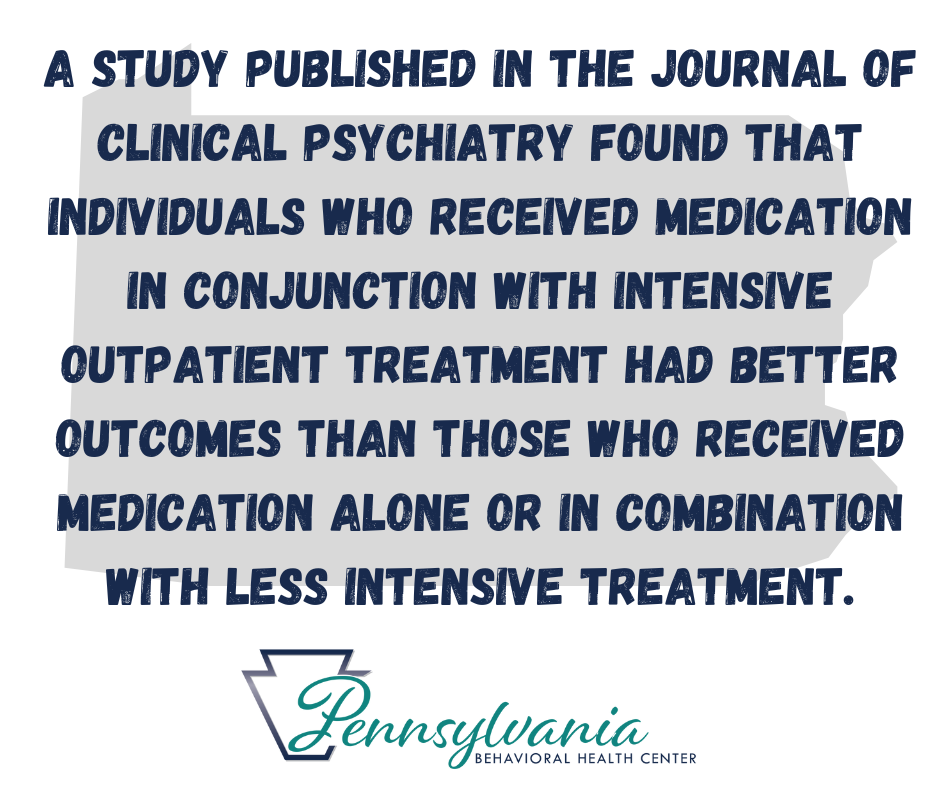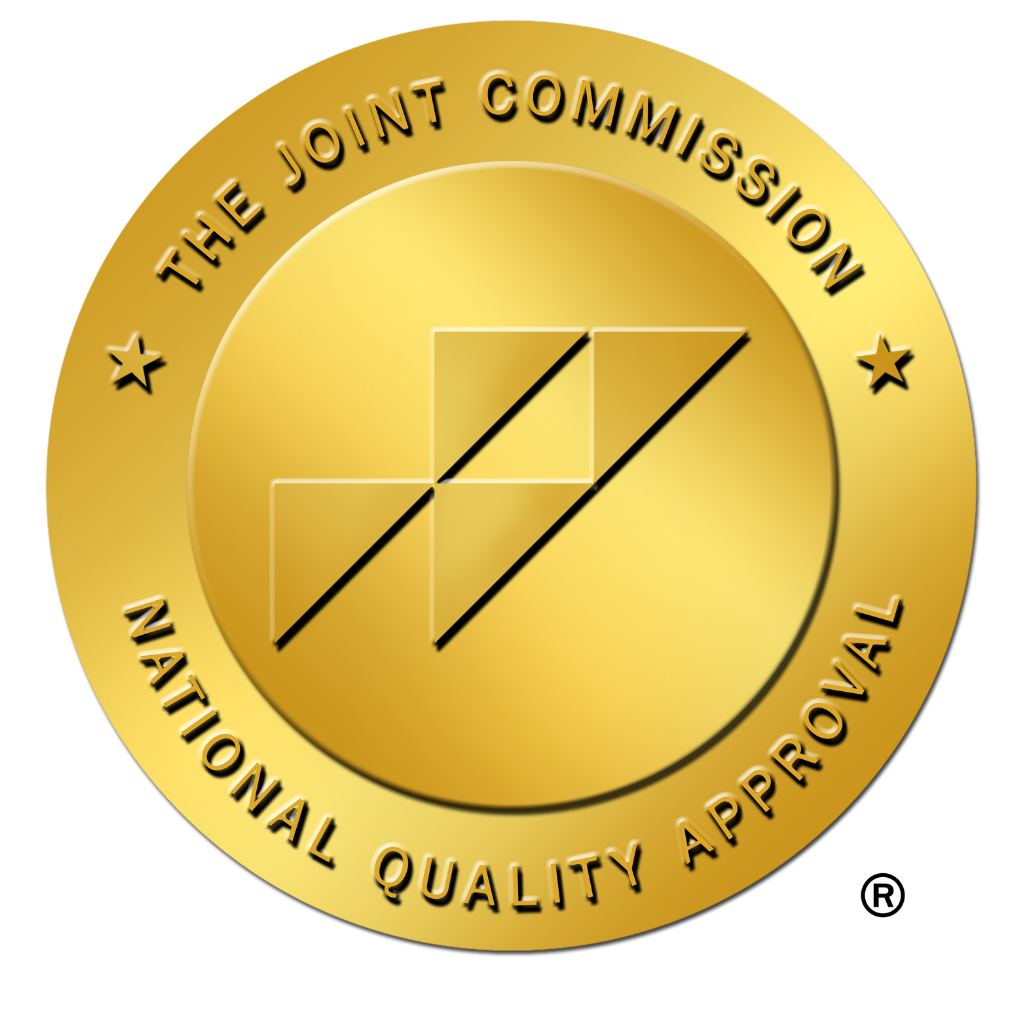A Day in the Life of a Partial Hospitalization or Intensive Outpatient Program for Mental Health

Daily Schedule for Partial Hospitalization (PHP) or Intensive Outpatient (IOP)
If you or someone you know is struggling with mental health issues, it’s important to seek help. While traditional inpatient hospitalization may be necessary in some cases, partial hospitalization or intensive outpatient programs can be a highly effective alternative. These programs offer a structured, supportive environment that can help individuals manage their mental health symptoms and develop coping skills to maintain their well-being.
If you or someone you know is struggling with mental health issues, you may be curious about what a day in a partial hospitalization or intensive outpatient program looks like. These programs are designed to provide structured mental health treatment for individuals who require more support than traditional outpatient therapy but don’t need inpatient hospitalization.
A typical day in a partial hospitalization or intensive outpatient program for mental health varies depending on the program, but most programs operate on a schedule that includes a combination of individual and group therapy, skill-building activities, and relaxation techniques. Here’s a sample schedule that may be found in a partial hospitalization or intensive outpatient program:
9:00 am to 10:00am – Check-In and Morning Meeting: Participants start their day by checking in with staff members and attending a morning meeting. During this time, participants have the opportunity to share how they’re feeling and what they hope to accomplish during the day.
10:00 am to 11:30 am- Group Therapy Session: Group therapy sessions are an essential part of any partial hospitalization or intensive outpatient program. Participants meet with a licensed therapist and other group members to discuss their thoughts, feelings, and experiences. Group therapy is an opportunity to learn from others and gain insight into one’s own mental health issues.
11:30 am to 12:30 pm- Break Time: After the group therapy session, participants have a short break to relax, get a snack, or talk with their peers.
12:30 pm to 1:30pm – Skill Building Session & Psychoeducation: Skill-building activities are designed to help participants develop coping skills and strategies to manage their mental health symptoms. Depending on the program, these activities may include art therapy, music therapy, mindfulness exercises, or cognitive-behavioral therapy techniques.
1:30 pm to 2:30 pm – Recreational or Relaxation Activity: To help participants relax and unwind, programs often offer recreational or relaxation activities in the afternoon. These activities may include yoga, meditation, or other stress-reducing techniques.
2:45 pm to 3:15 pm – Group Wrap-Up: Participants meet again as a group to wrap up the day and discuss any insights or progress they made.
Individual Therapy Session: Individual therapy sessions provide participants with one-on-one time with a licensed therapist. During these sessions, participants can discuss more personal or private issues and work on specific goals.
While this is just a sample schedule, it gives you an idea of what a typical day in a partial hospitalization or intensive outpatient program may look like. The structure and routine of these programs can provide much-needed stability and support for individuals struggling with mental health issues. By participating in these programs, individuals can gain new skills, insights, and strategies to manage their symptoms and achieve their goals for recovery.
Research on PHP & IOP and Benefits
One of the main benefits of partial hospitalization and intensive outpatient programs is that they provide a psychiatric component to treatment. This means that participants have access to mental health professionals, including psychiatrists who can evaluate and prescribe medications as needed. This is important because psychiatric medications can be a crucial part of treatment for some mental health conditions. A study published in the Journal of Clinical Psychiatry found that individuals who received medication in conjunction with intensive outpatient treatment had better outcomes than those who received medication alone or in combination with less intensive treatment.
In addition to the psychiatric component, partial hospitalization and intensive outpatient programs also offer evidence-based treatments for mental health issues. These treatments have been studied and shown to be effective for a wide range of conditions, including depression, anxiety, bipolar disorder, and schizophrenia. For example, cognitive-behavioral therapy (CBT) is a type of therapy commonly used in these programs that has been shown to be effective for a variety of mental health issues. A meta-analysis published in the Journal of Clinical Psychology found that CBT was significantly more effective than other types of therapy for reducing symptoms of anxiety and depression.
Furthermore, partial hospitalization and intensive outpatient programs provide a less intimidating environment than traditional inpatient hospitalization. This can be especially important for individuals who are hesitant to seek help due to the stigma surrounding mental health issues or the fear of being hospitalized in a locked psychiatric unit. In partial hospitalization and intensive outpatient programs, participants can receive high-quality mental health care in a supportive, non-threatening environment.
Overall, partial hospitalization and intensive outpatient programs are a highly effective way to receive mental health treatment. They provide access to mental health professionals and evidence-based treatments in a structured, supportive environment. Research has shown that these programs can lead to significant improvements in mental health outcomes, making them an excellent option for individuals struggling with mental health issues.

